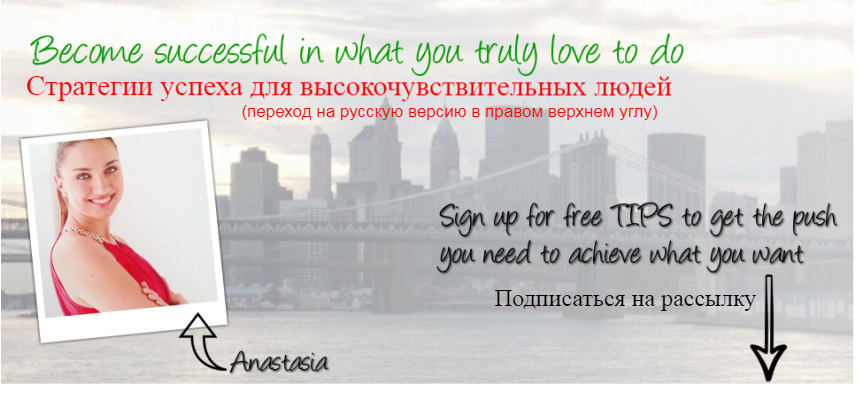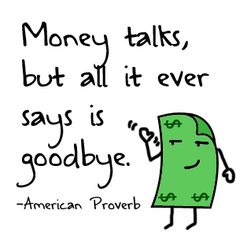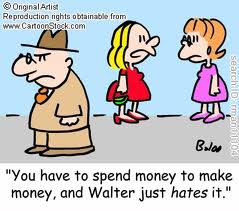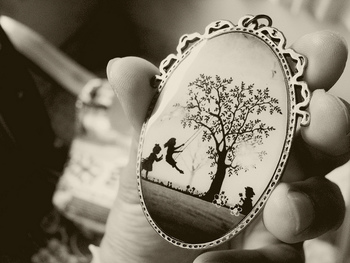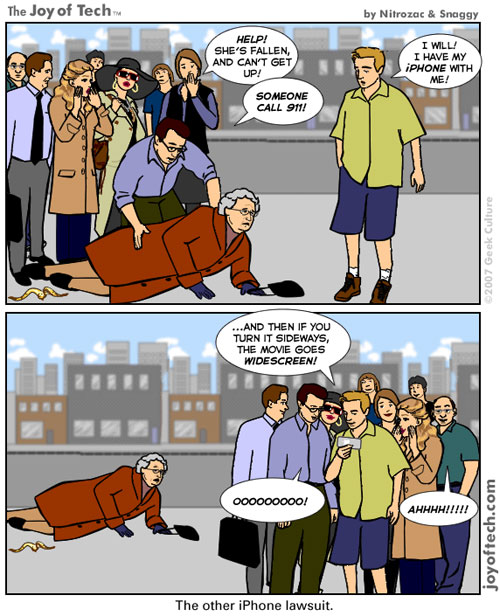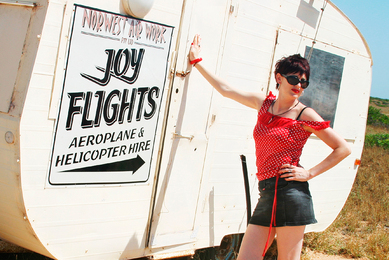After a few months of being jobless and stressed, he finally got a nice contract job in his home town with a potential to go permanent. However, a couple of weeks after he started working (and really enjoyed it), he got an even better offer for a permanent position in a different country, where he had always dreamed of going. He came to me perplexed and asking, what he should do – give up what he already has and venture into the unknown? But what if the new country and opportunity turns out to be a failure – he’d have lost the opportunity he already has?
I didn’t give him any tips. Instead, I asked him about his life purpose. What makes him feel alive? What does he want his life to be 10 years from now? This is not an abstract question: unless you know and live your life purpose on a daily basis, your life will not feel fulfilled. Thinking about it, my friend got the answer he wanted and made the decision the same minute.
In the video below, I will share with you a very quick exercise that you can do to identify your life purpose. You can use it as your guidance in taking major and minor decisions in your life.
PS Can you guess, which decision my friend has taken?
